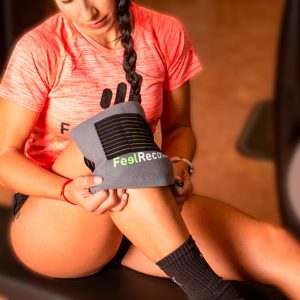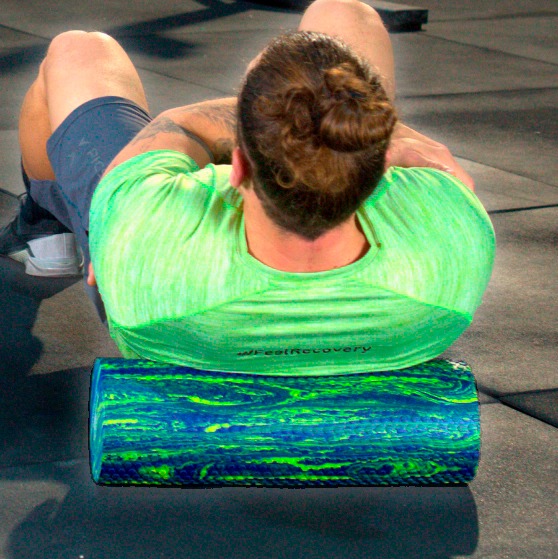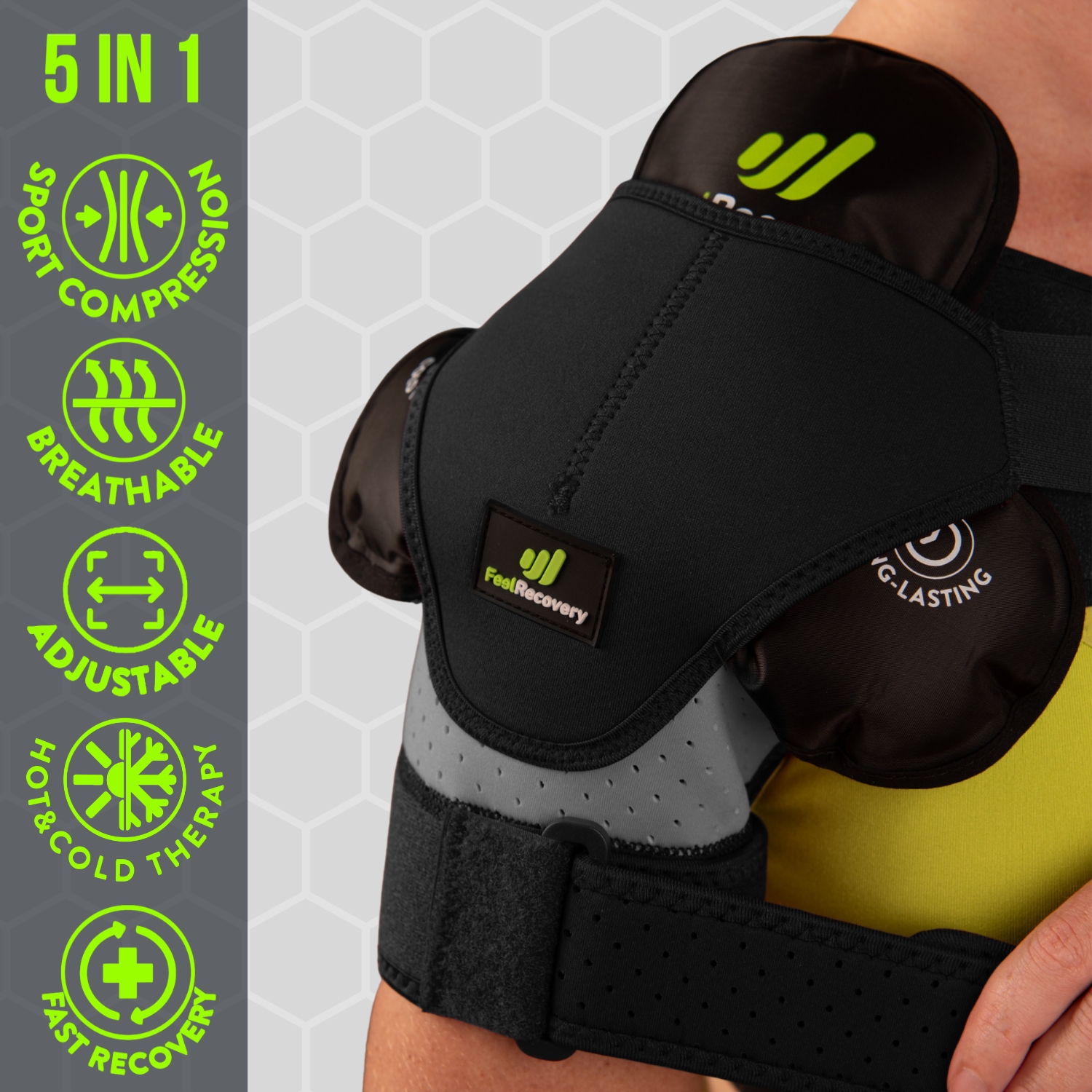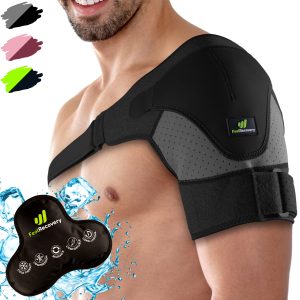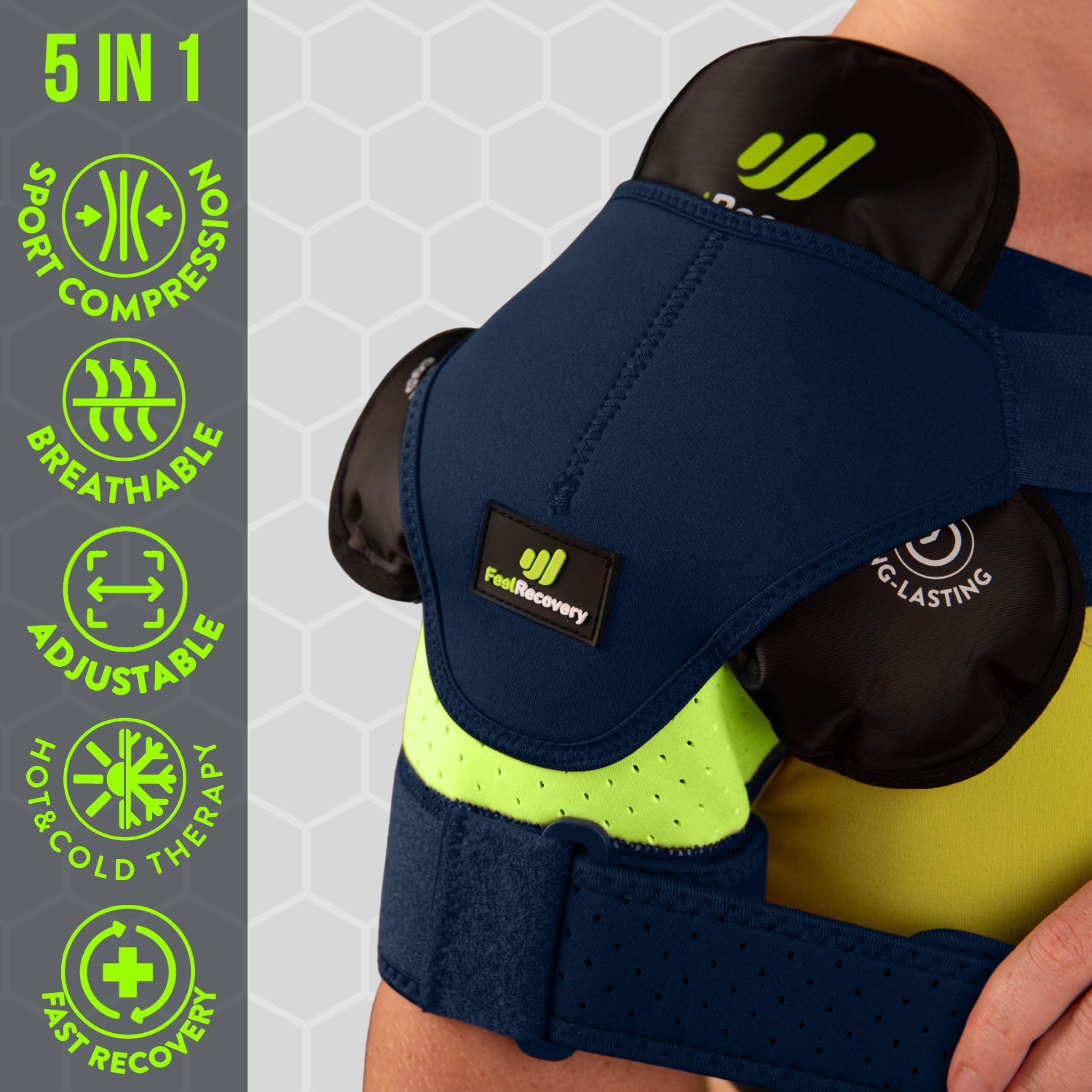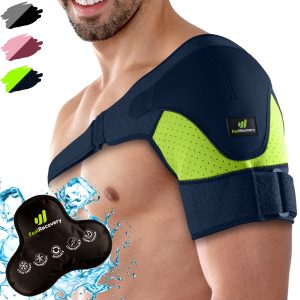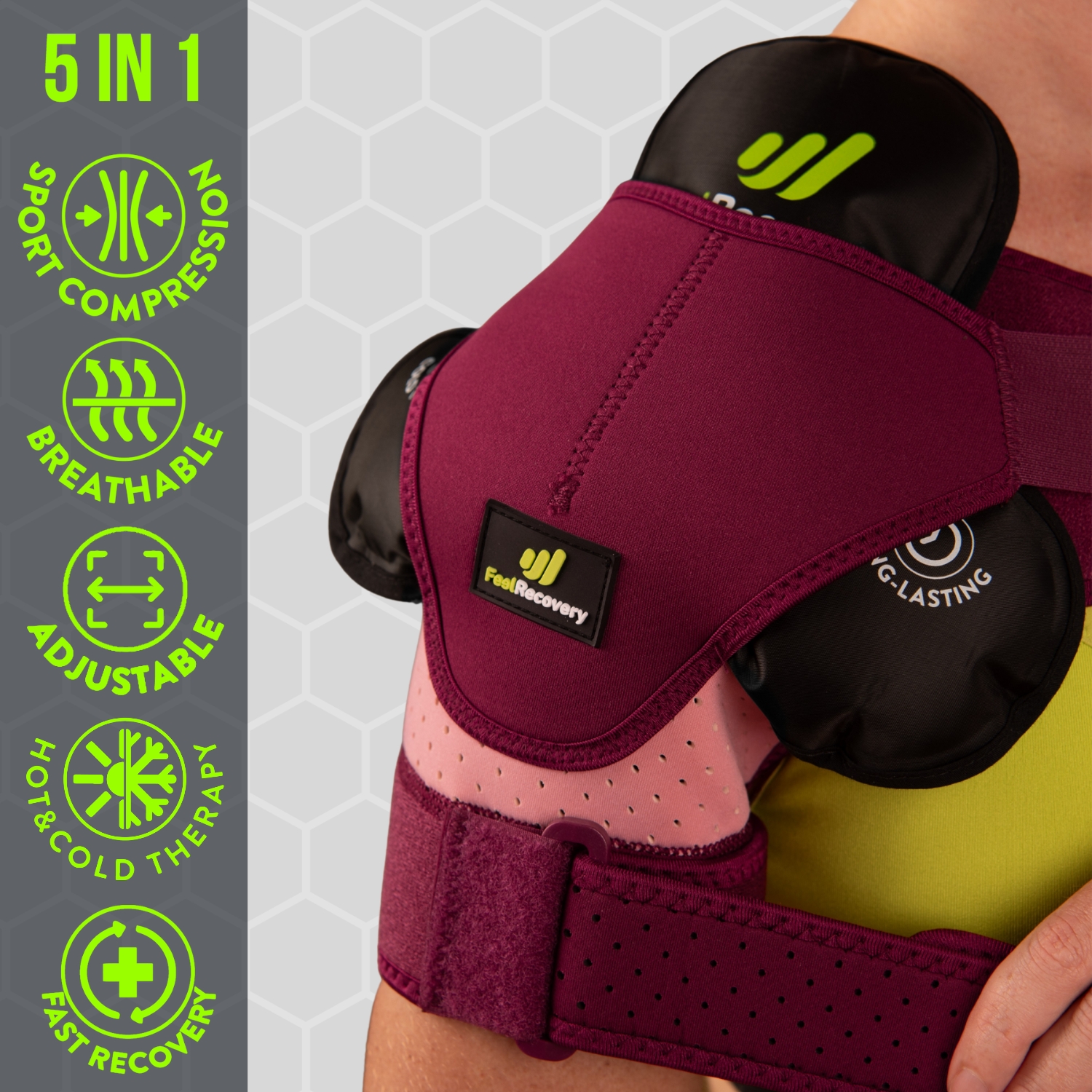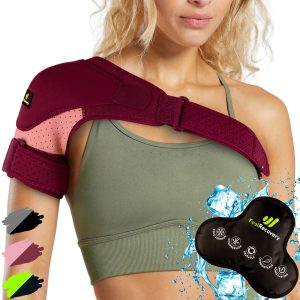When hiking, your shoulders play a crucial role in maintaining balance, stabilizing your upper body, and supporting the weight of your backpack. Unfortunately, repetitive motion, sudden impacts, and prolonged strain can lead to common shoulder injuries like rotator cuff strains, tendonitis, and shoulder dislocations. Investing in high-quality shoulder braces, supports, and compression sleeves can help prevent these injuries and accelerate recovery, allowing you to enjoy the trails safely.
Shoulder braces are designed to provide stability and immobilization to the shoulder joint. By limiting excessive movement, they help prevent further injury and reduce pain caused by overuse or trauma. Braces that feature adjustable straps offer a customizable fit, ensuring secure support during hiking while maintaining a full range of motion. This balance of support and mobility is essential for hikers who need to carry heavy loads or navigate rough terrain.
Shoulder supports offer targeted compression and reinforcement for the shoulder muscles and ligaments. These supports are particularly useful for preventing muscle fatigue and promoting proper joint alignment. Hikers who experience chronic shoulder pain or instability can benefit from the consistent support that shoulder supports provide. The compression helps to reduce inflammation and enhance circulation, which aids in faster recovery and reduces soreness during long hikes.
Compression sleeves are ideal for hikers who need all-day comfort and support. These sleeves offer graduated compression that improves blood flow, reduces swelling, and supports muscle recovery. Lightweight and breathable, compression sleeves can be worn comfortably under hiking gear, providing consistent pressure that helps to prevent injuries and alleviate pain. They are particularly beneficial for hikers prone to shoulder strains or mild tendonitis.
For those recovering from rotator cuff injuries, shoulder braces with adjustable stabilization straps can help secure the joint and limit harmful movements. These braces offer firm support while allowing controlled mobility, which is crucial for preventing reinjury on the trail. If you suffer from tendonitis or bursitis, shoulder supports with padded reinforcement can help reduce friction and irritation within the joint.
Choosing the right brace, support, or compression sleeve depends on your specific needs and hiking conditions. For preventing overuse injuries, compression sleeves are an excellent choice for maintaining circulation and reducing muscle fatigue. If you need stronger stabilization due to previous injuries, a shoulder brace with adjustable straps provides the reinforcement required for safe hiking.
Regular use of shoulder braces, supports, and compression sleeves can significantly enhance your hiking performance by reducing pain, minimizing inflammation, and preventing long-term injuries. By stabilizing the shoulder joint and promoting proper muscle alignment, these products ensure you can hit the trails with confidence. Protect your shoulders and enjoy pain-free hiking adventures with the right gear tailored to your needs.
FAQ: Frequently Asked Questions
What are the benefits of using shoulder braces for hiking?
Shoulder braces provide stability, reduce inflammation, and limit excessive movement, helping to prevent injuries like strains, dislocations, and rotator cuff issues.
How do I choose the right shoulder support for hiking?
Choose a support based on your injury type or prevention needs. For general support, opt for compression sleeves. For injury recovery, select a brace with adjustable straps for stability.
Can compression sleeves help prevent shoulder injuries?
Yes, compression sleeves improve circulation, reduce muscle fatigue, and provide consistent pressure, helping to prevent strains and reduce inflammation during hiking.
Are shoulder braces comfortable for all-day hiking?
Yes, high-quality shoulder braces are designed for comfort and support, ensuring they can be worn under hiking gear without causing discomfort.
How should I care for my shoulder brace or compression sleeve?
Hand wash with mild detergent and air dry to maintain elasticity and support. Avoid high heat and harsh chemicals.


